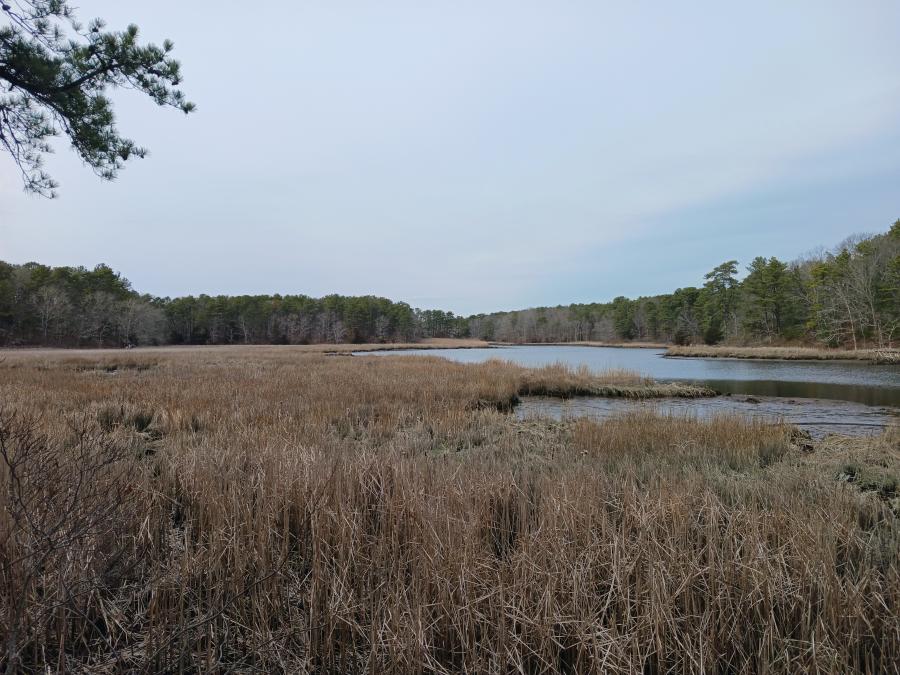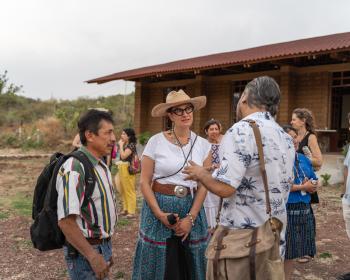
“Our language is the number one source of our soul, our pride, our being, our strength and our identity.”-- Indigenous Language Instructor, Cultural Survival Quarterly, 2010
Languages are vanishing
Language experts believe that 90% of the world’s estimated 6,000 languages could disappear entirely by the end of this century. Indigenous Peoples face myriad socio-economic pressures and discriminatory policies forcing youth and adults alike to replace tribal languages with the dominant languages of the larger societies in which they live.
When a language goes silent?, we lose more than just a grammatical system or a vocabulary. Each language represents a unique worldview or cosmology. Languages embed knowledge about cultural values, spiritual practices, and ancient knowledge accumulated through long-term interactions with natural environments and resources. In losing a language, we lose part of our cultural diversity and a priceless record of local biodiversity.
Radio is a tool for revitalizing languages
To save a language, it needs to be transmitted to the next generation. If children do not hear the language or if they are ashamed to speak it, the language will go silent with its elders.
The radio is an ideal tool for preserving and revitalizing languages and cultural practices that are falling into infrequent use. In many Indigenous communities around the world, people already have a radio on daily. Even if they do not, it is relatively easy to create the necessary infrastructure for a community-based volunteer-run station.
Indigenous radio producers’ language revitalization conference
In July and August 2012, Cultural Survival is joining forces with the Recovering Voices Initiative at the Smithsonian Institution to facilitate endangered language revitalization by producing a conference on radio programming in Indigenous languages. “Our Voices on the Air: Reaching New Audiences Through Indigenous Radio” will involve three Smithsonian partners - the National Museum of Natural History (NMNH), the National Museum of the American Indian (NMAI) and the Center for Folklife and Cultural Heritage (CFCH).This project is supported with internal Smithsonian funds from the Consortium for World Cultures and the Consortium for Understanding the American Experience.
The conference will bring together radio producers from the United States, Canada, Mexico and Guatemala to share resources and knowledge from experiences in their communities. Professionals in the media will also bring their expertise to the discussion. Through speakers, workshops and conversations, radio producers will be able to develop new materials for their community radio programming.
Cultural Survival will use ideas and materials from conference to develop a national radio series that will be broadcast to a wide community and public radio audience. The series will tell the story of the endangerment of the world’s languages, the importance of revitalizing these languages and the vital role that community radio programming can play in revitalizing Indigenous languages.
Are you a community radio producer who has programs in an Indigenous language? If so, we would love to hear from you. Please contact us here.



